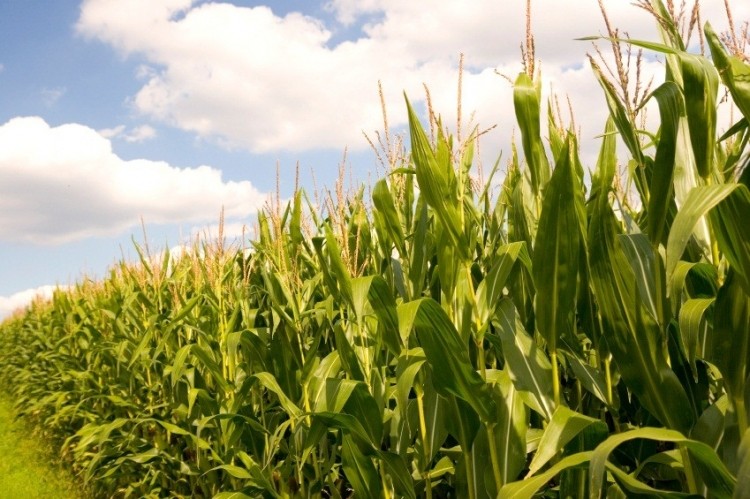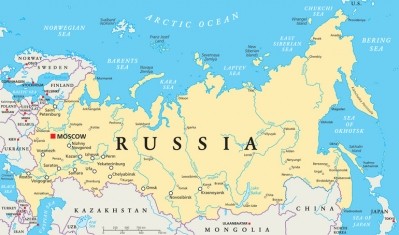Russian ban on US soybeans, corn ‘unfortunate’

The Russian ban was announced by the Russian Federal Service for Veterinary and Phytosanitary Surveillance or the Rosselkhoznadzor, and went into effect last week citing concerns with the quality of some shipments of products.
Russian representatives and members of APHIS were in preliminary conversations on the topic when the ban was announced, said an APHIS public affairs specialist.
“The APHIS representatives did their best to communicate the processes that we have in place to protect Russia,” she told FeedNavigator. “During those negotiations there were a few technical questions that were left unanswered and that unfortunately led to the letter, but we still feel there is a lot of good will in the process.”
Officials with the US Soybean Export Council (USSEC) have also been involved with the discussions, group officials said.
“In the 2014/15 marketing year, Russia imported 267,000 metric tons (TMT) of US soy worth nearly $111m,” said Jim Sutter, USSEC CEO. “With 426,000 metric tons of US soy exports already reaching Russia since October 1, we continue to see potential in the market.”
Responses and implications
USDA APHIS officials said they have been trying to work with Russian authorities to answer questions and address the concerns regarding import quality. Those efforts included a “high-level technical call” on February 9 with Russian officials.
“The United States exports soybeans, corn and popcorn to countries around the world,” said officials. “It is unfortunate that at a time when Russian consumers are facing double-digit inflation, the Russian market would be deprived of a major supplier of safe corn and soybeans.”
Officials added that they are “extremely disappointed that the Russian government has taken this precipitous action.”
It is unknown at this time how long the ban will be in effect, said the public affairs specialist.
“I think a positive resolution for us would be to still export soybeans and popcorn to Russia,” she said.
Soybeans were among the top agricultural exports to Russia in 2015 and had reached the highest levels since 1970, said officials with the USDA's Foreign Agricultural Service. The US was listed as Russia's third largest supplier for the commodity.
Shipments that were loaded before February 15 will see more intensive inspections, but should be allowed to enter Russia, said USSEC officials.
USSEC’s Sutter added that the organization will continue its work with Russia’s Federal Service for Veterinary and Phytosanitary Surveillance to end the import prohibition.
Ban details
The temporary ban was announced earlier this month, after discussions between the US and Russia regarding perceived violations of Russian phytosanitary requirements for imported corn and soybeans, said officials with the Rosselkhoznadzor. The measure applied to imports from the US and those from originating in the US but coming through third countries.
Last year there were 71 incidents where corn imports reportedly contained dry rot and there have been three this year, said Russian officials. In soybeans, there were reportedly 64 cases last year and eight so far this year that have included seeds from weeds.










